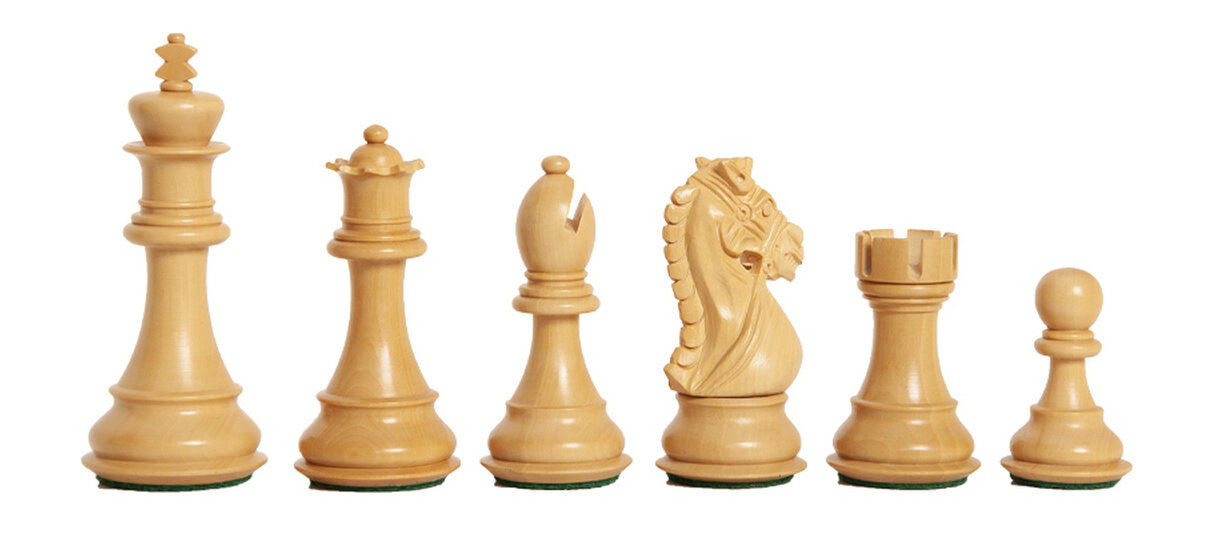Why is it so hard to capture the benefits of diversity?
When we meet someone new, we usually look for things we have in common with them, such as sports, TV shows, education, children, or country of origin.
Try a new challenge: the next time you're interacting with someone new who looks different from you, instead of looking for similarities, embrace your differences. Talk about what makes you unique and different from the other person. Ask them about their life, their story, and the experiences they've gone through that you can learn from. Don’t focus on how you are alike; focus on how you are different. Try this for five minutes.
I guarantee you that the environment you create will be one where differences are normal. No two individuals are the same, and you should not expect people to be just like you. I think you should expect everyone you interact with to be different. And if you can create this kind of environment in your organisations, schools, and families, you will find that the value of diversity is there for you to capture.








